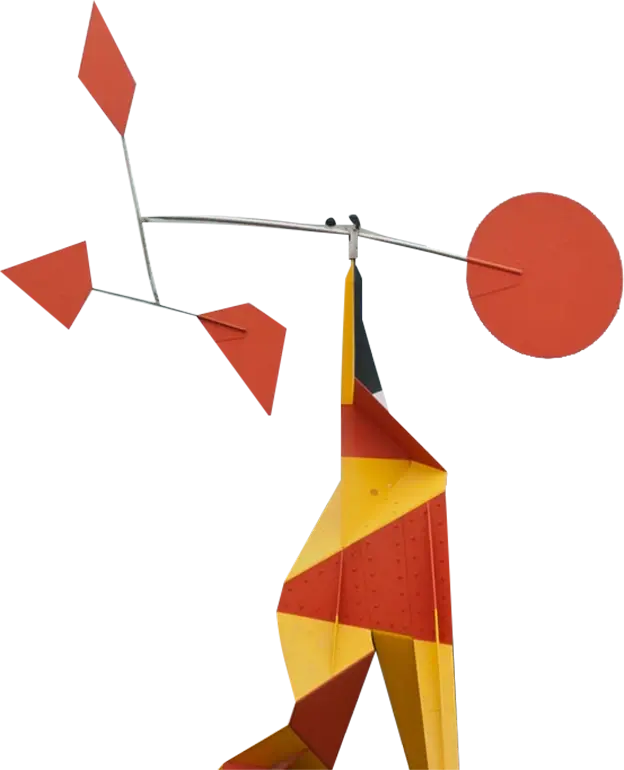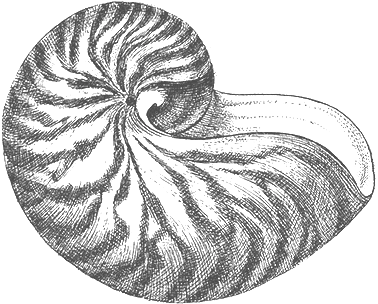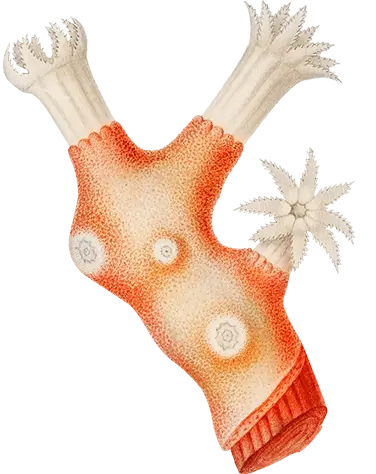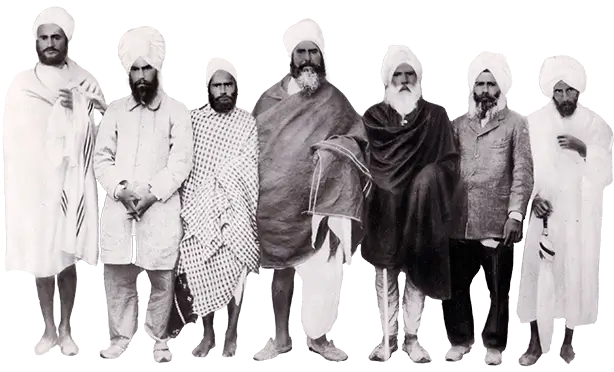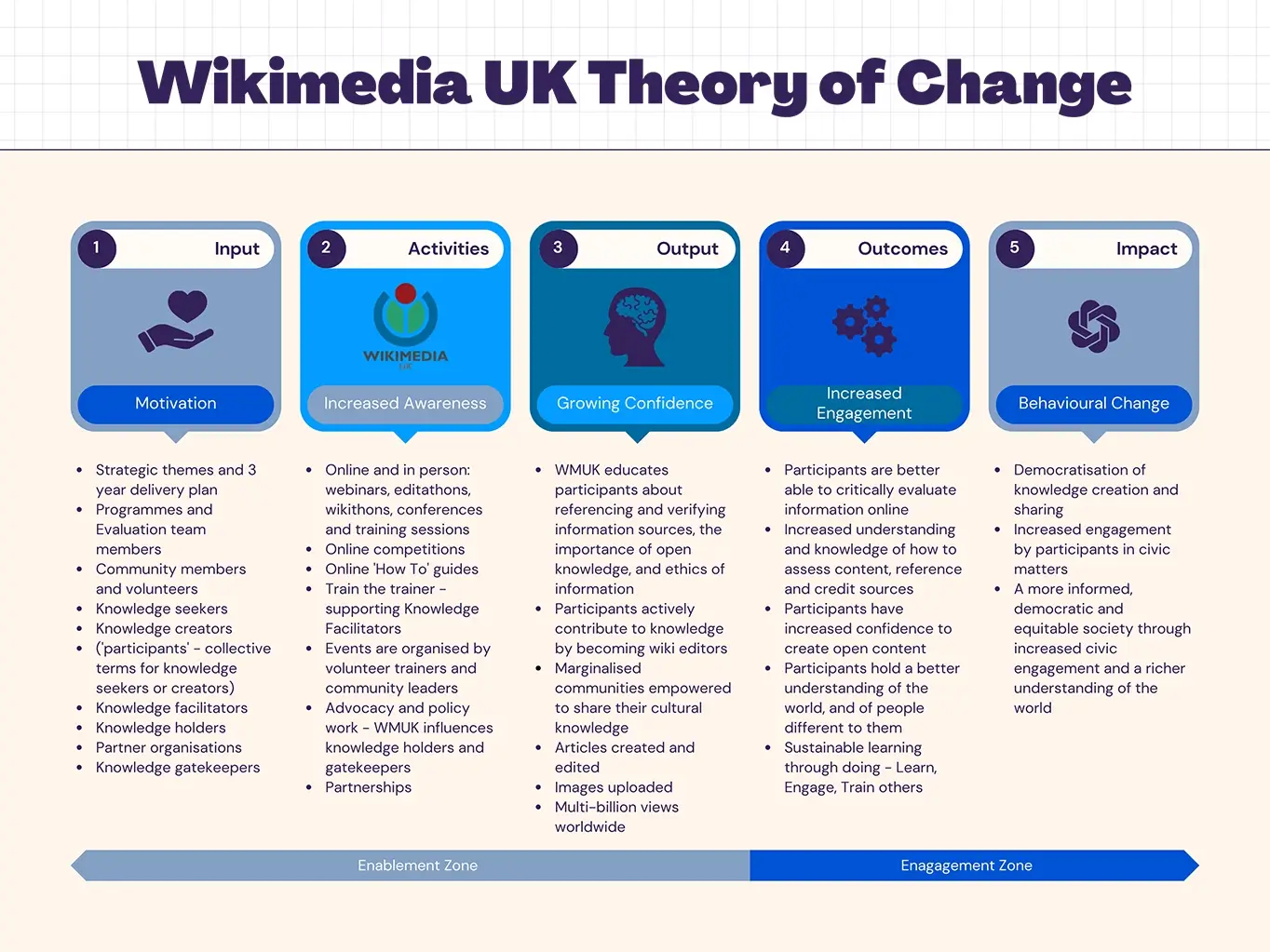In 2017, the global Wikimedia community created a strategic direction for the future of our movement and set an ambitious goal: by 2030, Wikimedia will become the essential infrastructure of the ecosystem of free knowledge, and anyone who shares our vision will be able to join us.
As an integral part of the international movement, Wikimedia UK has been actively participating in shaping and supporting the global Wikimedia 2030 vision. Our own strategic priorities for 2022-2025 speak to the UK context, while being responsive to the global 2030 direction.
WikiWays: a Wikimedia poem by Matt Harvey. Image: Poet and writer Matt Harvey by Ben Borley and a Nana Angel of Niki de Saint Phalle by JulieatEffusion.Details
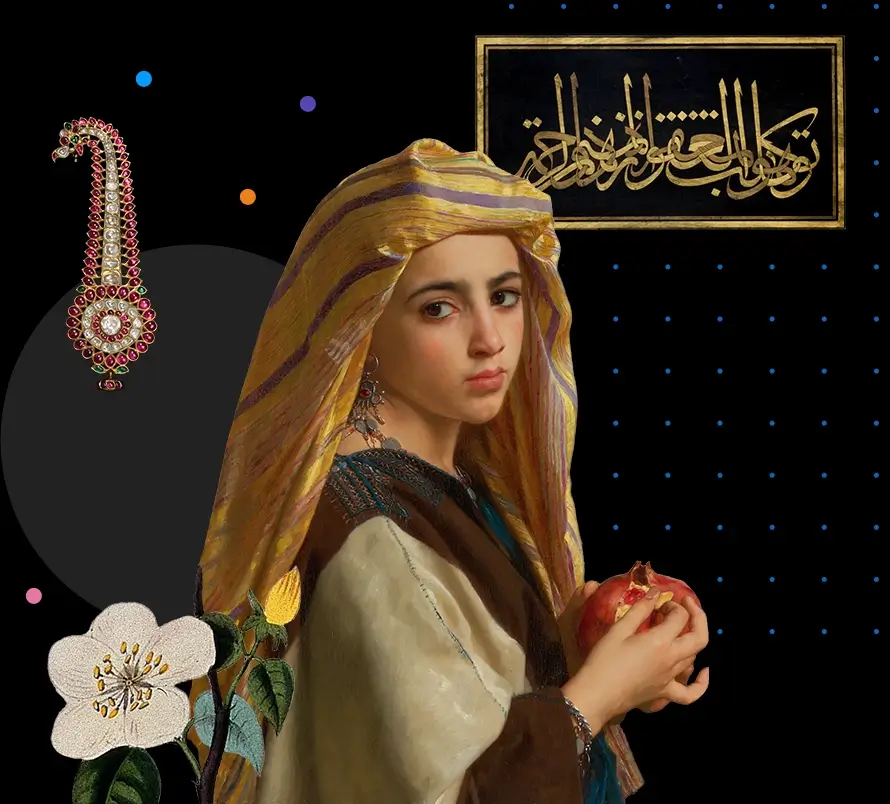
The information ecosystem within which we operate remains challenging as ever, with the shrinking civic space and pushback on knowledge equity, while the rise of generative AI poses pertinent questions about our relationship to knowledge itself. It will be critical for us to continue supporting people’s information literacy, while facilitating knowledge creation and sharing on climate and diverse heritage.
As we encourage our new and existing communities to engage with these more contested knowledge areas, it will be critical to offer support too. We are developing resources to facilitate this, and are connecting them to existing programmes. For example, our most recent iteration of Train the Trainer had training sessions introducing ideas e.g., setting expectations for new editors, steering groups towards starting with small but high impact changes such as interlinking articles, signposting towards supportive Wiki Projects.
Manifold Wonder: a Wikimedia a poem by Francesca Beard. Image: Francesca Beard by Lola Choo Antopolski and a coloured illustration of a plant by Internet Archive Book Images by JulieatEffusion.Details
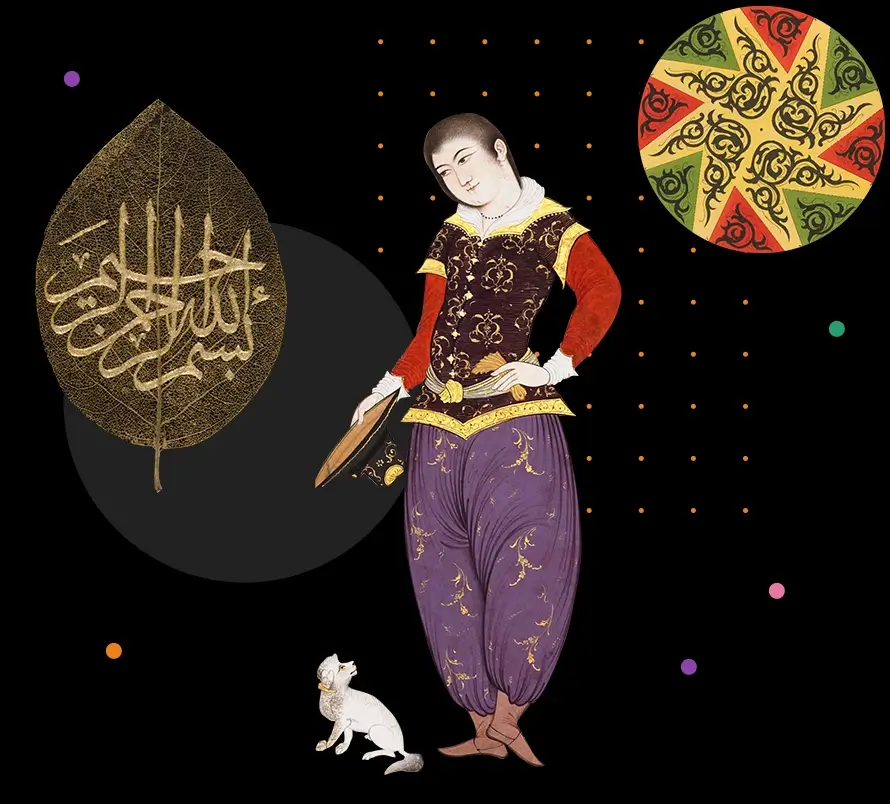
Medium term, we would like to create a training package for Wikimedians in Residence, staff and community leaders on supporting new editors in challenging spaces. The enforcement guidelines for the global Wikimedia Universal Code of Conduct will be taken into consideration too.
Taken broadly, Wikimedia UK is focused on supporting and amplifying the work of knowledge creators and facilitators as a means to reach knowledge seekers; helping them to develop the confidence, skills, understanding and knowledge needed to participate in a democratic society. Our different stakeholder audiences can be synthesised as follows:
- Knowledge seekers: individual readers and potential readers; researchers
- Knowledge creators: individual contributors; content-holding organisations
- Knowledge facilitators: staff; volunteer trainers; Wikimedians in Residence; funders
- Knowledge holders: rights holders; content-holding organisations; communities
- Knowledge gatekeepers: publishers; rights holders; legislators
Our Theory of Change identifies the participant journey from knowledge seeker to knowledge creator.
